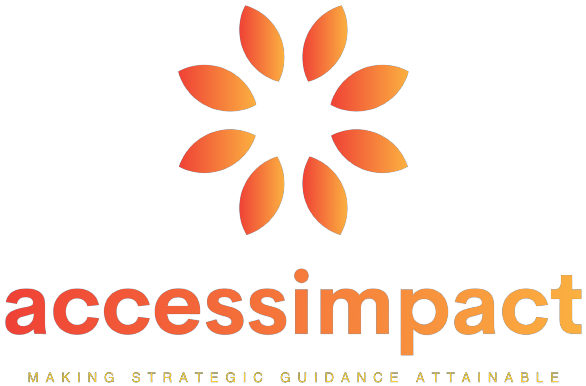
In nonprofit organizations, the role of a board member is pivotal in steering the organizational “ship” towards its mission and strategy. An effective nonprofit board member is not merely a figurehead trying to build a resume, although in many cases it ends up that way; they are actually the architects of sustainable impact. So what makes a good nonprofit board member?
Passionate Commitment to the Mission:
At the heart of every effective nonprofit board member is an unwavering commitment to the organization’s mission. Board members should resonate with the organization’s values, understand its purpose, and be genuinely excited about contributing to positive change. It’s almost impossible to lead an engaged board when members don’t feel a connection to the mission or the purpose of an organization.
Strategic Vision and Forward-Thinking:
Effective board members are visionary leaders who can see beyond the immediate challenges. They possess the ability to envision the organization’s future and help set high-level strategies. A forward-thinking mindset allows them to anticipate trends, assess risks, and guide the organization towards long-term sustainability.
Diverse Skill Set:
A successful board is a diverse one. Effective members bring a spectrum of skills and expertise to the table, ranging from financial and legal knowledge to marketing, technology, and community relations. This diversity ensures a well-rounded perspective, fostering innovation and adaptability in decision-making. However, make sure your board members are contributing in the way that excites them. An accountant by day may not always want to serve as your treasurer!
Collaborative Team Player:
Nonprofit board members function as a team, each bringing their unique strengths to the collective effort. An effective board member understands the power of collaboration, actively participates in discussions, and respects differing opinions. It’s okay to disagree! Let’s just take our disagreements to further the mission, not personal vendettas.
Community Mindset:
Board members should not see themselves as the “be-all and end-all” of an organization. Nonprofits succeed when rooted in the community they serve. A successful and impactful board member sees itself as part of the puzzle, not the whole thing.
Fundraising Acumen:
Nonprofits often rely on fundraising to fuel their mission. Every nonprofit board member has a role to play in fundraising. This sounds scary, but remember, not everyone needs to make the big ask. Fundraising may involve leveraging personal networks, sharing on social media and in the community, cultivating donor relationships, or even providing strategic guidance and advice.
Continuous Learning and Adaptability:
Adaptability is key. Effective nonprofit board members stay informed about industry trends, best practices, and emerging challenges. They embrace a culture of continuous learning, seeking to enhance their knowledge and skills for the benefit of the organization.
Ethical Integrity:
The highest standard of ethical conduct is non-negotiable for an effective board member. Board members have a responsibility to be ethical. Ethical decision-making ensures that the organization remains true to its values and maintains credibility in the eyes of the community.
An effective nonprofit board member is not defined by a single trait, but by a combination of skills, competencies, and a dedication to purpose and mission. It is through the collective dedication of board members that nonprofit organizations can thrive, leaving an impactful, long-lasting mark on the communities they serve. Want more information? Interested in having a facilitating board workshop? Reach out today!
